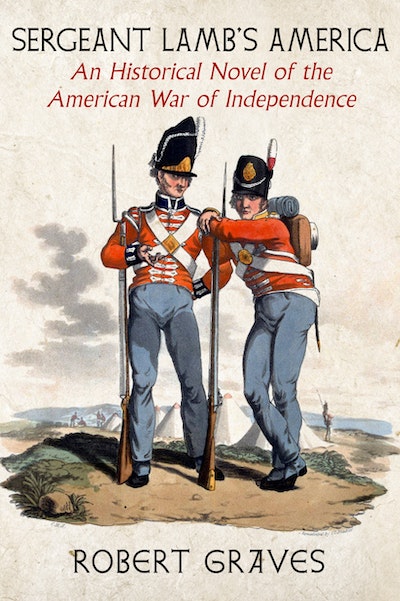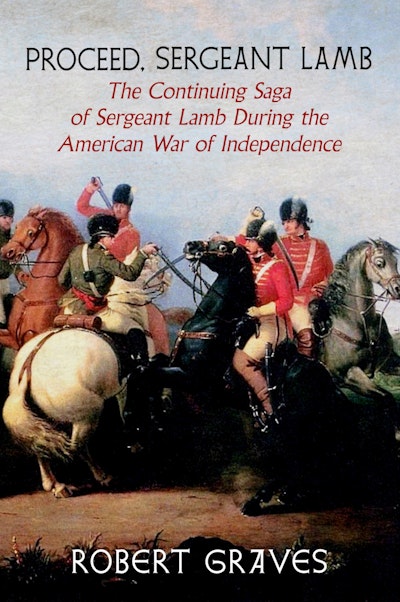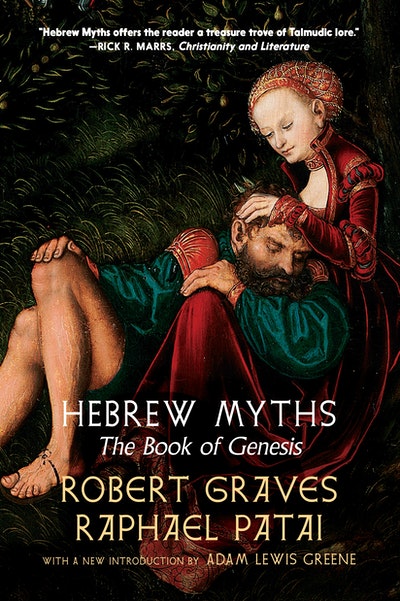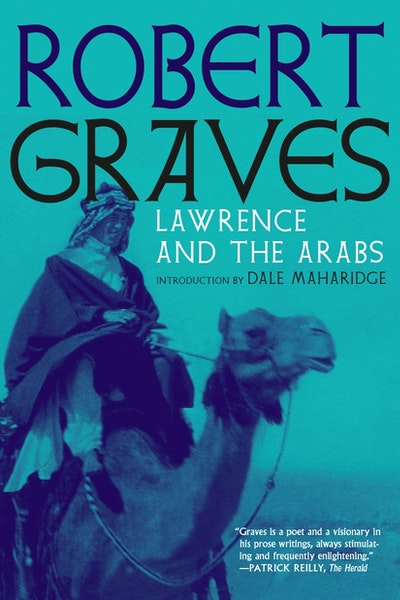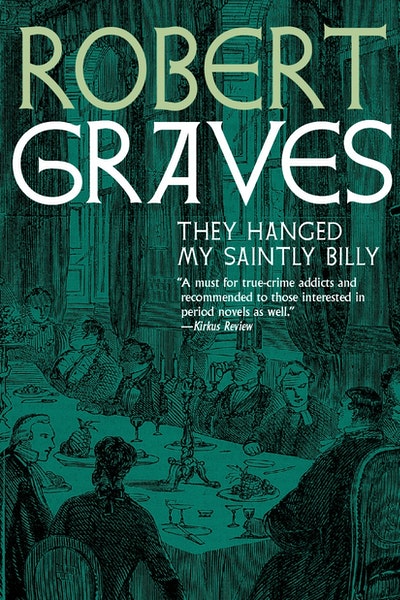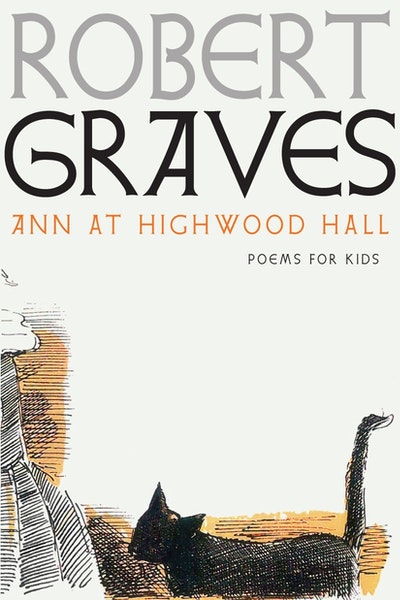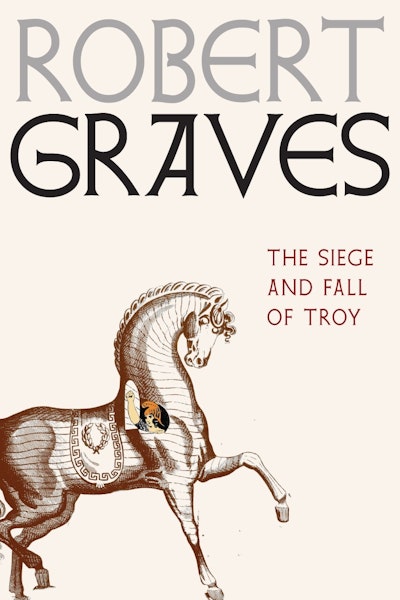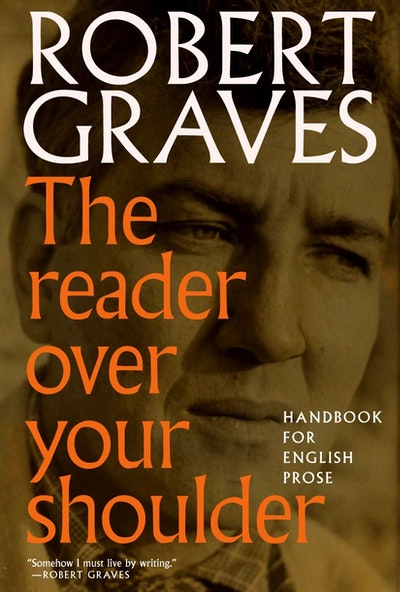[]
- Published: 12 September 2023
- ISBN: 9781644213179
- Imprint: Seven Stories Press
- Format: Paperback
- Pages: 368
- RRP: $39.99
Sergeant Lamb's America
An Historical Novel of the American War of Independence
Buy from…
- Published: 12 September 2023
- ISBN: 9781644213179
- Imprint: Seven Stories Press
- Format: Paperback
- Pages: 368
- RRP: $39.99
“Afresh and provoking historical romance. . . Roger Lamb's sharp eyes are open also to the wonders of the New World: St. Lawrence scenery, hoop snakes, strange herbs, the odd customs of the Indians and the Yankees. He also has a fresh-air affair with Kate, an enemy's wife. But though the sergeant vomits at the sight of a whipping or of blood glistening on a bayonet, he spares his readers a like reaction. Romantic neither in the Wordsworth-Shelley nor the Zanuck-Selznick sense, Lamb's tale is stanch and hearty.” —TIME magazine
